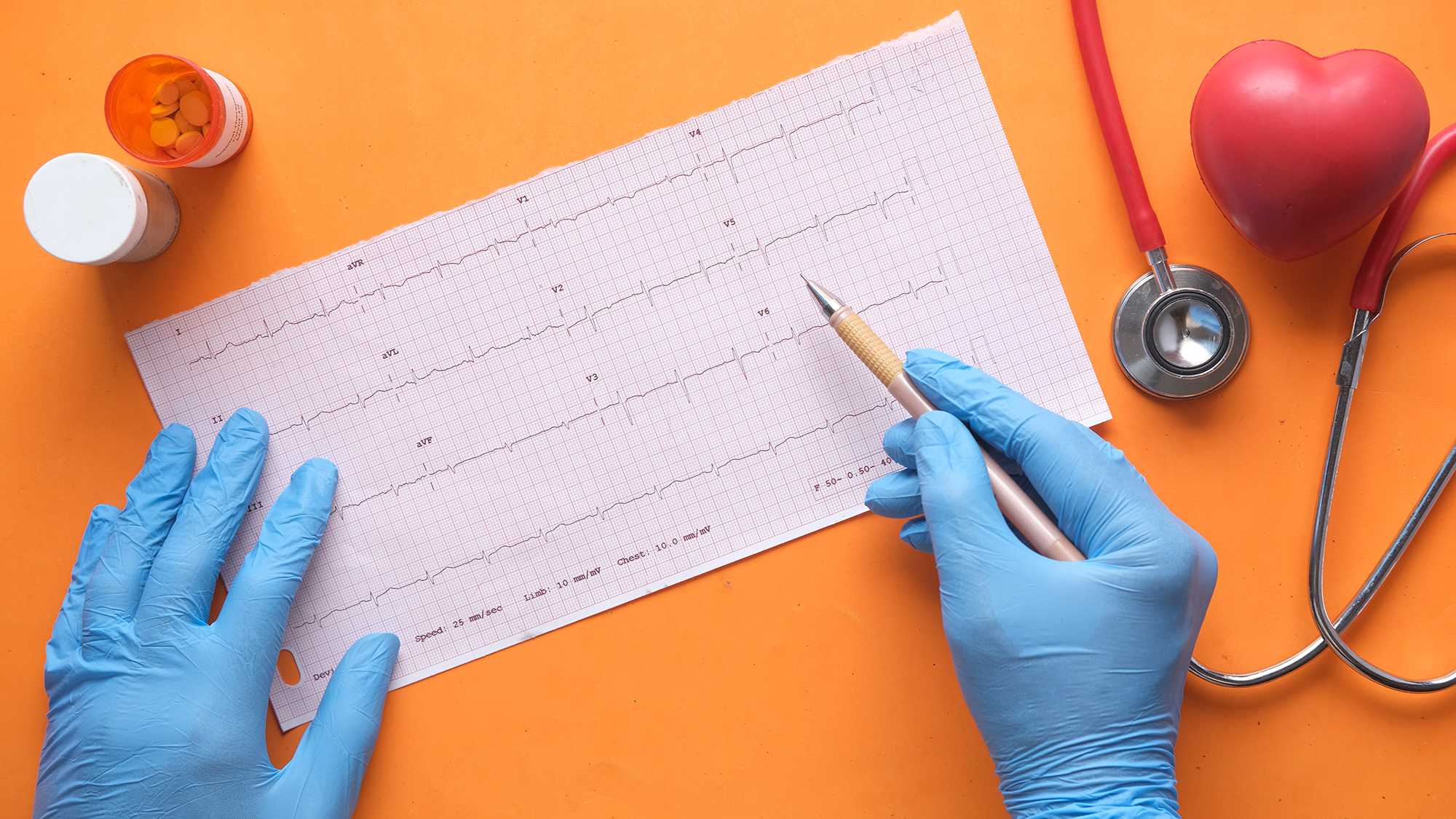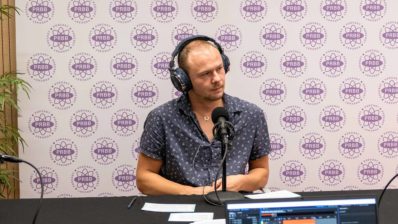Having more than 70 heartbeats per minute at rest increases the risk of cardiovascular disease or even death, according to a study led by research staff at the Hospital del Mar Medical Research Institute (IMIM).
The study, which monitored more than 10,000 people participating in the REGICOR study (Girona heart registry) for ten years, determined that the threshold of 70 beats per minute in the absence of effort, was healthy. In order to establish the heart rate of the volunteers, their pulses were taken after being at rest for 5 minutes.
Data analysis revealed that an increase of 10 beats per minute above the threshold of 70 represents a 30% increase in the risk of heart disease or even death.
“People who have 80 beats per minute at rest have a 30% higher risk of dying in the next 10 years compared to people who have 70 beats per minute”
Albert Clarà – Hospital del Mar/IMIM
This finding provides a simple indicator that avoids risky situations and improves people’s health.
“Avoiding the consumption of stimulants or promoting the practice of physical activity or meditation can help us reduce the number of heartbeats”
Roberto Elosua – Hospital del Mar/IMIM
Puig E, Clará A, Pérez S, Degano IR, Subirana I, García-García C, Martí R, Ramos R, Marrugat J, Elosua R. Resting heart rate, cardiovascular events, all-cause mortality: the REGICOR study. European Journal of Preventive Cardiology 2021. doi: 10.1093/eurjpc/zwab148






